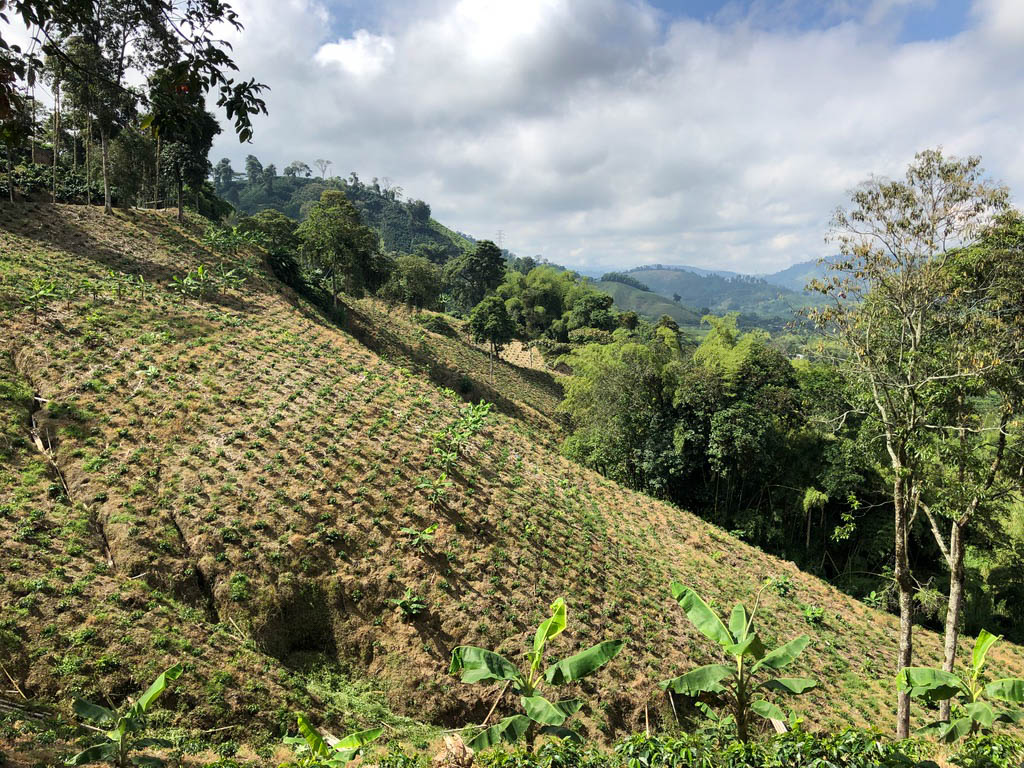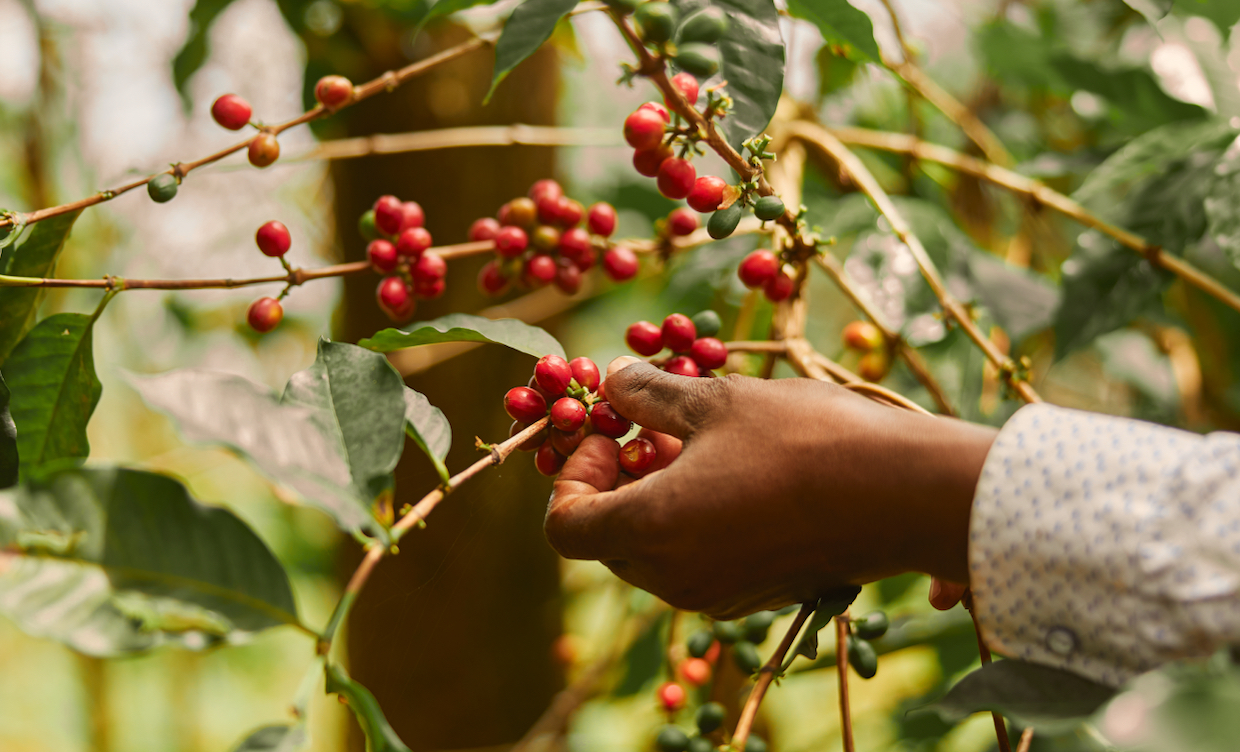As the EU Deforestation Regulation (EUDR) compliance deadline draws nearer, multinational green coffee trading company Neumann Kaffee Gruppe (NKG) is partnering with the Dutch deforestation monitoring firm Satelligence.
Satelligence’s satellite-based monitoring tools will be employed throughout NKG’s green coffee supply chains in Honduras and Uganda, according to an announcement from the two companies late last week. The financial terms of the deal were not made public.
Satelligence recently signed a three-year agreement with the nonprofit Fairtrade International for deforestation-related monitoring of coffee- and cocoa-growing lands. The firm, based in Utrecht, also provides the monitoring technology that supports the Carble platform, which is designed to financially reward farmers for maintaining forests.
All these partnerships come as sellers of agriculture-based products throughout Europe are seeking regulatory compliance with Europe’s new anti-deforestation laws. Large companies have until December 2024 to comply, while smaller companies have an expanded compliance timeline.

“Coffee Farm” by NSPaul is licensed under CC BY 2.0. (Note: This is a representative photo of a coffee farm and is not necessarily associated with NKG or Satelligence.)
According to NKG, the deal with Satelligence will align with the green coffee company’s existing in-house sustainability program, called NKG Bloom.
NKG said that the firm has agreed to provide “near real-time observation of forest loss in and around millions of farms that supply coffee to NKG exporters.”
The resulting map layers can be used to improve the accuracy of deforestation-mitigation data without the need for more expensive ground surveys, according to the company.
“Under the objectives of NKG’s Bloom sustainable livelihoods program, achieving adequate granularity in measuring deforestation risk is essential to ensure that, in a sector dominated by smallholders, those smallholders can participate in the sustainable transition, and be included in the global marketplace,” NKG said in an announcement of the deal.
The most recent edition of The Coffee Barometer (2023) suggested that most coffee companies are not prepared for EUDR compliance. Additionally, the authors of that report suggested that the EUDR may have unintended and adverse effects on small-scale coffee farmers, who are historically more vulnerable actors in the coffee supply chain.
Does your coffee business have news to share? Let DCN’s editors know here.







Comment